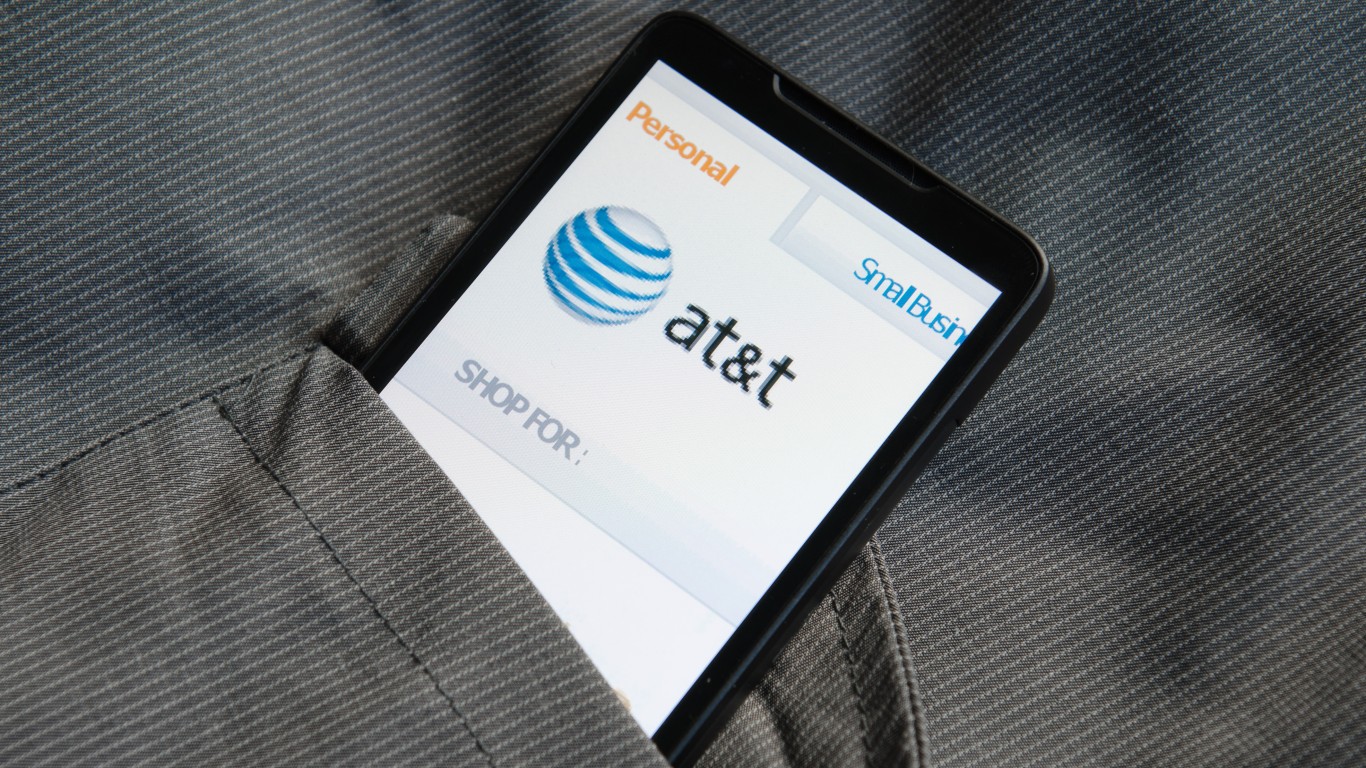
Source: Thinkstock
Keeping it simple would have meant declaring the Internet a “common carrier” which would have given the FCC the authority to regulate both what the major carriers offer and how much the charge for it. But regulation is not the choice du jour — that would be de-regulation, which started for the Internet in 2005 when the Bush administration ruled that the Internet was not a common carrier, but in fact an “information service.” As such not subject to government regulation.
That may have been a stupid thing to do, but the FCC retains the authority to change its mind. In a decision last January, a federal appeals court essentially told the FCC that it had the authority to declare the Internet a common carrier, and if it did so, the decision would hold up in court.
The draft Wheeler submitted last week has re-defined “net neutrality” to mean whatever the carriers say it means, provided that the FCC blesses the carriers’ definitions. Major carriers like AT&T Inc. (NYSE: T), Verizon Communications Inc. (NYSE: VZ), Comcast Corp. (NASDAQ: NASDAQ) and others will be free to do what is “commercially reasonable,” though Wheeler explained that the FCC will set a high bar for what that means.
ALSO READ: Netflix Payoff to Comcast Worked
In practice, that means that the commission will have to rule on everything, and the carriers will fight it out on every ruling as if their very lives depended on it. Because, in fact, their lives do depend on it. The very worst thing that could have happened from the carriers point of view is that the Internet would be declared a common carrier, and they have managed to dodge that bullet. Now its just a matter of dragging the discussion down into the weeds where only a relative handful of people — most of them employed by the carriers — really understand the details.
So, instead of keeping it simple, the FCC will make it complicated. Wheeler summed up the content of his draft to the other commissioners this way:
- That all ISPs must transparently disclose to their subscribers and users all relevant information as to the policies that govern their network;
- That no legal content may be blocked; and
- That ISPs may not act in a commercially unreasonable manner to harm the Internet, including favoring the traffic from an affiliated entity.
The great Irish playwright and poet Oscar Wilde once said that the truth is never pure and rarely simple. He could have been talking about net neutrality.
ALSO READ: America’s Fastest Growing Cities
Sponsored: Find a Qualified Financial Advisor
Finding a qualified financial advisor doesn’t have to be hard. SmartAsset’s free tool matches you with up to 3 fiduciary financial advisors in your area in 5 minutes. Each advisor has been vetted by SmartAsset and is held to a fiduciary standard to act in your best interests. If you’re ready to be matched with local advisors that can help you achieve your financial goals, get started now.
Thank you for reading! Have some feedback for us?
Contact the 24/7 Wall St. editorial team.



